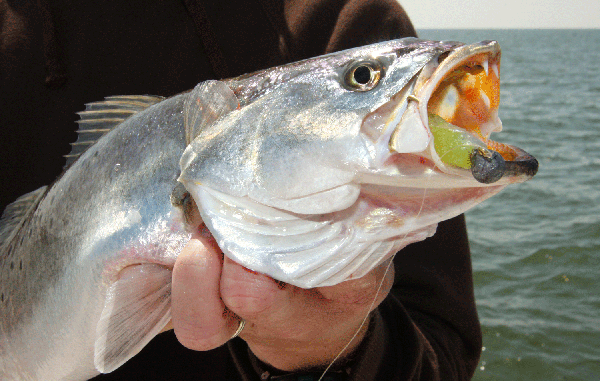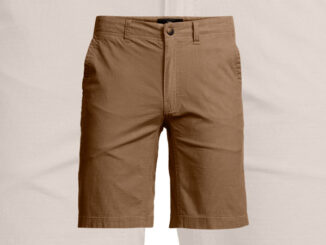
March 7 of last year was Capt. Travis Miller’s first day of 2011 to fish the train trestle. When I asked him a few weeks ago what details he could recall about the trip, he told me that he was just then looking through his log book.
After rattling off the specifics of what the weather was, productive baits and best retrieves, Miller looked back at his book.
“We fished together on March 7 and I didn’t go back until the 13th, which was a week later,” Miller recalled. “I didn’t catch many — only 10 keepers with a couple flounder. The one thing I do see is that the Causeway trolling bite turned on about that same time. It was April 22 before I fished the trestle again.”
Miller’s log book helps him prepare for the future by reminding him of the past. By recording variables like tide, wind, weather, water temperature, productive lures and best presentations, he is more likely to duplicate successful trips and avoid unsuccessful ones.
“Yeah, if I’m out fishing and struggling to catch fish, I look back at my log book to see what was or wasn’t working with those same conditions,” Miller said. “Say I’m fishing right after a front with no tide and little wind at mile marker 175 on the trestle.
“I look back at my book and see that the bite didn’t even start until noon under similar conditions a year ago. Assuming everything’s the same, I’m going to make sure I’m at that same mile marker this year at the same time and fishing the same way. If it wasn’t for that book, I would probably forget all that important information.”


